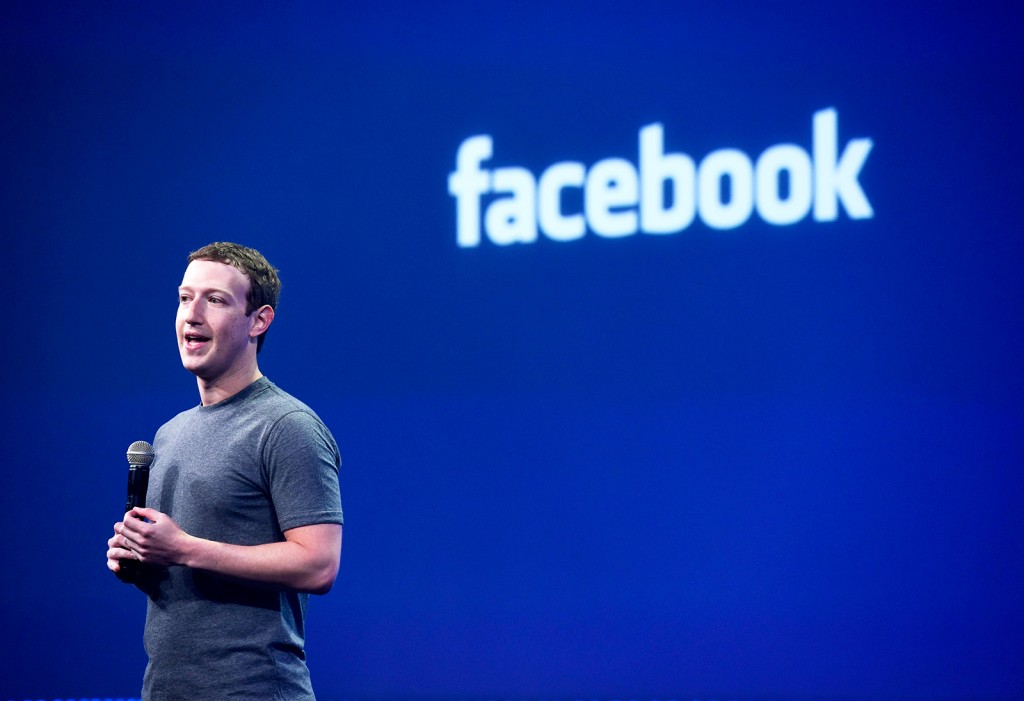Facebook now commands a major part of our lives, and there is no doubt that even big brands can’t survive without relying on Facebook, and rightly so. With a potential of reaching 1.4 billion users, Facebook is no more just a social network, it is much more than that. It has become the absolute medium for every information. Daily millions of people visit Facebook to know what’s happening. There was a time when people used to browse individual websites for information, but things have progressed since then.
Reports of Facebook’s arrival in the publishing industry were reported by New York Times last month, but earlier this week the Wall Street Journal has managed to get more information on that front.
When you see an article shared on Facebook, it takes close to 8 seconds for an average user to click the link and land on the source website to read that article. The user also leaves Facebook while he/she reads that article. Mark Zuckerberg doesn’t like that and in an effort to reduce that time and keep people on Facebook, Facebook Inc. will rollover a new feature known as Instant Articles as early as this month.
Instant Articles by Facebook will allow publishers like DAWN, Express Tribune, Daily Times, Pakistan Today, etc. to distribute their content directly through Facebook instead of their own websites. Instead of clicking on a shared link of an article, a user can simply read the article directly on Facebook without leaving the website at all. A few months back, Facebook enabled a feature in its Mobile Apps which allows the user to read articles inside Facebook Mobile App’s built-in browser. The new feature will be based around the same principle but different in the sense that it would let publishers keep all the advertising revenue from the content if the ads are scored by publishers themselves. Even if the ads are not scored by publishers, Facebook itself will do the work for ads and let publishers keep 70% of the revenue.
The lucrative incentive is there to lure publishers into accepting Facebook’s new feature, which many of them are not very positive about according to the report by WSJ. Many publishers are of the opinion that it would give total control of the content to Facebook and its News Feed, which only show stories to people according to its mysterious algorithm.
Also, the publishers use different analytic tools such as Google Analytics, Quantcast, etc. which allows them to monitor crucial data about its readers such as their locations, peak hours, bounce rate, etc. With Facebook’s Instant Articles, publishers will lose control of crucial analytic data too.
From the initial reports, it doesn’t seem to me that Facebook is looking at Instant Articles as a major source of revenues, rather it is looking at it as a tool to keep users engaged on Facebook and reap benefits of that engagement from its existing advertising platform.
What do you think would be the effects of Instant Articles on our local media outlets? Let us know in the comments.











